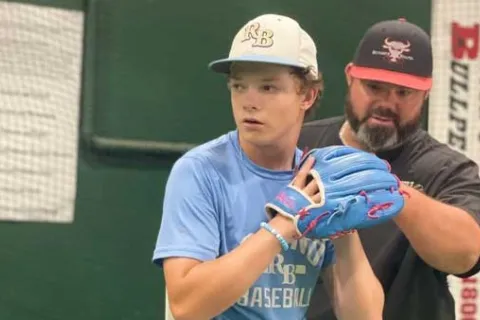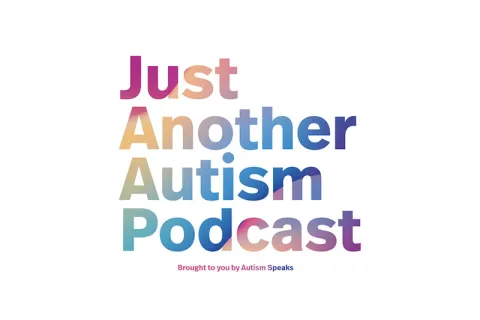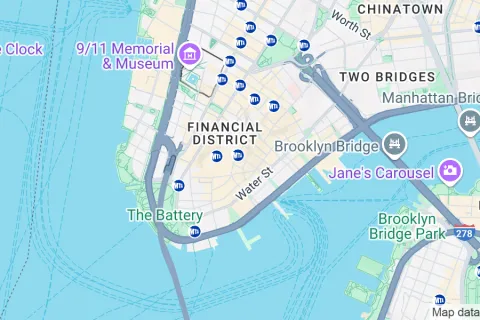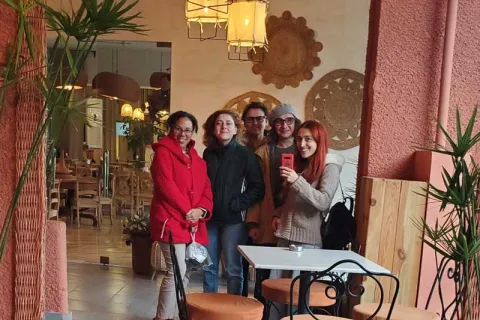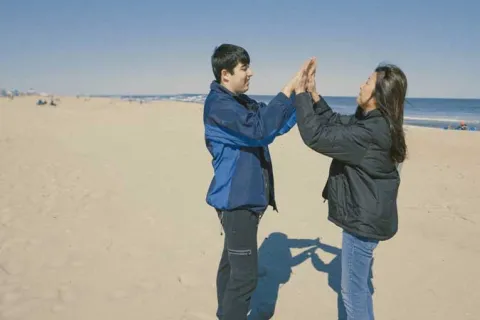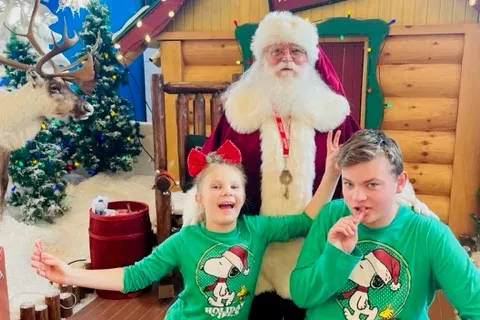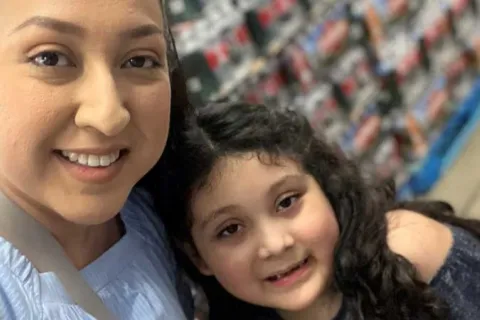How I make the holidays 'autism friendly'
By Meghan AshburnView this article in Spanish: Cómo hago que las vacaciones sean ‘aptas para autistas’
This blog post is written by Meghan Ashburn, who lives in Virginia with her husband and their four boys. She taught elementary school for five years, until the premature arrival of her twins. She now writes about her journey through parenting, prematurity, and autism on her blog, Not an Autism Mom.
The holiday season is in full-swing! It’s time for family gatherings, parades, and beautiful lights. I’ve always loved this time of year. It’s full of excitement and wonder!
When I had my twins four years ago, my family slowly started opting-out of certain holiday activities. At first, we just didn’t see the point. It was a lot of effort to take the babies out in the cold. We figured they wouldn’t miss it. They were too little to understand anyway.
As the years went on, the twins became more delayed. And one of them was diagnosed with autism. Each year, we continued to skip more and more holiday activities.
It just didn’t seem worth it. We didn’t know how they would react to the loud noises, to the crowds, or to the big man in the red suit. So we stayed home.
That’s four years of activities... four years of experiences... four years of memories our family missed out on. So this year I said, “No more! We’re going to get out and celebrate!”
As it turns out, celebrating the holidays autism style is pretty cool. It just takes a bit more planning.
Here are 3 of our favorite holiday traditions... and some tips on making them autism-friendly:
1. Watching holiday parades
My boys would love the big parade my city puts on every year. They would enjoy seeing the decorated floats and emergency vehicles. But I know they wouldn't be able to handle the crowds or the loud noises. And standing in one place for more than 5 minutes is pretty much impossible.
If your children are like mine, consider taking a birds-eye view of the parade. Our city holds the parade on a street with a lot of businesses and hotels. Call around to see if you could watch from one of their lobbies or a from a private room. You’d be surprised how accommodating people are, if you just ask.
2. Taking pictures with Santa
Sensory-friendly and Special Needs Santa visits are being held all over the country. Autism Speaks creates a national list every year. And additional events pop-up throughout the holiday season. Choose one and just go!
The best advice I’ve ever heard is this: Lower your expectations. In fact, don’t have expectations at all! Just enjoy the experience. Your kids don’t have to look perfect. They can be in their PJ’s if that makes them happy. Just go. You’ll be glad you did.
3. Attending family gatherings
This one probably causes me the most anxiety. Even though I have a supportive family, I still get stressed out when gatherings come up.
My autistic son only eats a handful of different foods, none of which are on the menu. And neither of my twins are particularly interested in sitting at a table for more than 10 minutes at a time.
If you’re leaving the house for holiday get togethers, remember to plan ahead. Overpack for your trip. Bring everything your child might want. Pack food, special toys, a tablet, an extra charger... Whatever you don’t bring, you’ll end up needing.
If your family goes out to eat, consider asking for a private room. Our large family reserved one this Thanksgiving. All of our children were able to move around freely and have their own space. It was perfect!
Having a child with autism might create unique challenges for participating in holiday celebrations. But don’t let that stop you from enjoying this special time as a family. There are plenty of resources and special events to help you make these outings successful.
What tips or resources can you share with other parents?
Happy Holidays from my family to yours!


